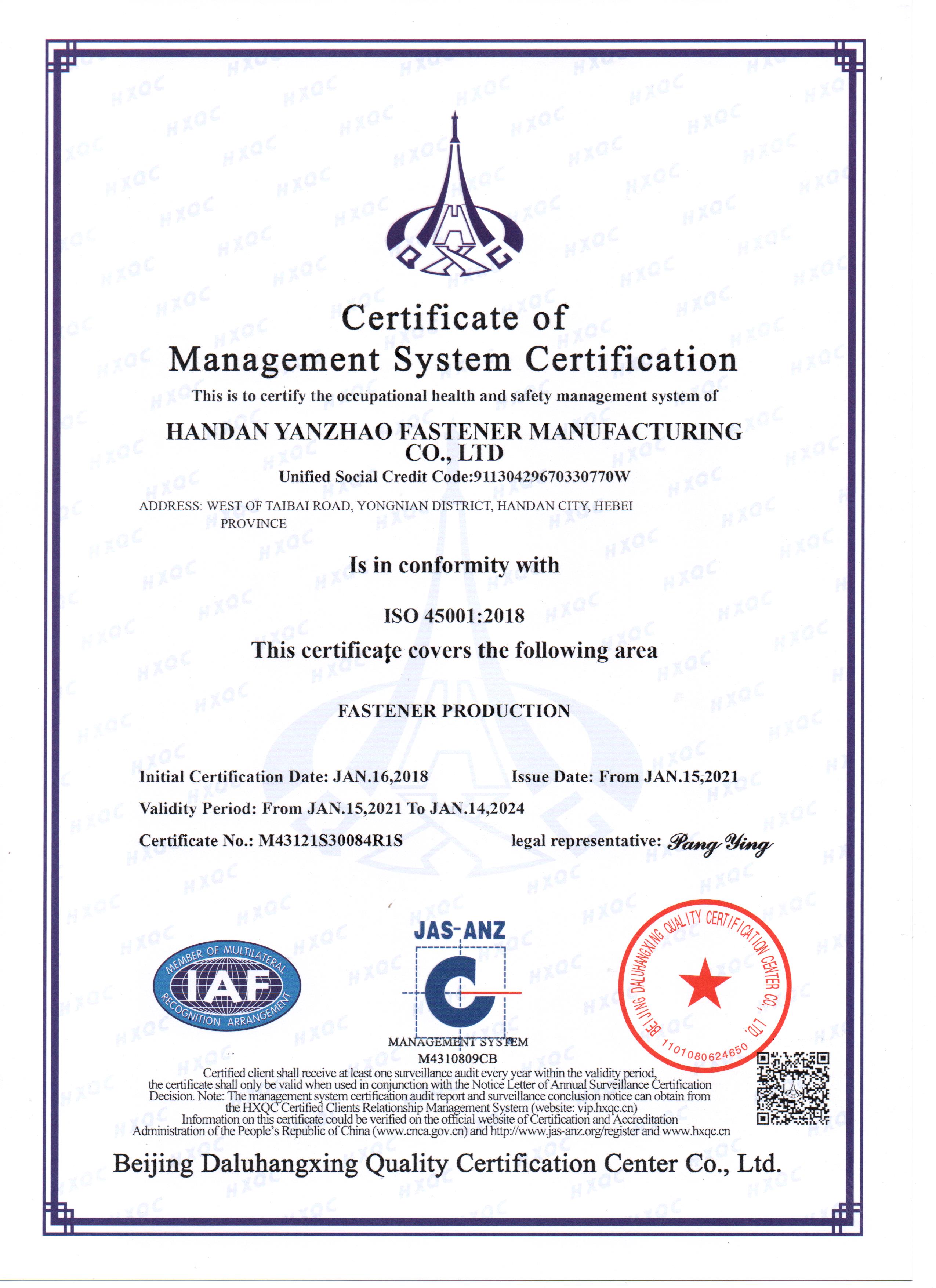toilet seat hinge bolts exporter
Nov . 24, 2024 08:47 Back to list
toilet seat hinge bolts exporter
The Essential Guide to Toilet Seat Hinge Bolts Exporting
Toilet seat hinge bolts are a small yet significant component that plays a critical role in the functionality and durability of toilet seats. These fasteners provide the necessary support and stability, ensuring that the toilet seat remains securely in place while in use. As global demand for bathroom fixtures and accessories continues to rise, the exportation of toilet seat hinge bolts has become a vital aspect of the plumbing and manufacturing industries. In this article, we will explore the importance of toilet seat hinge bolts, the export market for these crucial components, and considerations for exporters in this sector.
Importance of Toilet Seat Hinge Bolts
Toilet seat hinge bolts are designed to hold the toilet seat securely to the toilet bowl. They must be strong, durable, and resistant to corrosion—qualities essential for ensuring a long-lasting product. Hinge bolts come in various materials, including stainless steel, plastic, and brass, each offering different benefits. For instance, stainless steel provides high resistance to rust and corrosion, making it ideal for humid environments like bathrooms.
Without appropriate hinge bolts, toilet seats may become loose or unstable, leading to potential accidents and damage to the toilet itself. Moreover, the comfort and hygiene of users can be adversely affected by poorly installed or substandard hinges. Hence, the significance of quality hinge bolts cannot be overstated.
The Export Market for Toilet Seat Hinge Bolts
The global market for toilet fixtures, including hinge bolts, is continuously evolving. Exporters of these components have a significant opportunity, especially with the increase in construction activities and renovations across various countries. Countries with burgeoning housing markets, such as those in Asia and Africa, represent a substantial demand for quality toilet fittings and accessories.
Exporting toilet seat hinge bolts involves understanding the regulatory standards and quality certifications required in different markets. Regions such as Europe and North America have stringent standards pertaining to product safety and durability, which exporters must comply with to successfully enter and compete in these markets.
Key Considerations for Exporters
toilet seat hinge bolts exporter

1. Market Research A thorough understanding of the target market is crucial. This involves analyzing competitor products, pricing structures, and consumer preferences. Engaging with local distributors and retailers can provide valuable insights.
2. Quality Standards Different countries have specific industry standards and certifications required for bathroom fixtures. Exporters must ensure that their products meet these quality requirements, which may include certifications such as ISO, CE, or ANSI.
3. Reliable Supply Chain Ensuring a consistent supply of high-quality materials is vital for maintaining production and fulfilling orders. Building strong relationships with suppliers can lead to better pricing and reliable delivery times.
4. Effective Distribution Channels Choosing the right distribution channels is essential for successful exportation. Whether through direct sales, partnerships with local distributors, or e-commerce platforms, each method has its benefits and challenges.
5. Logistics and Compliance Exporters must navigate the complex logistics of shipping products internationally. Understanding customs regulations, tariffs, and documentation required for exports will facilitate smoother transactions.
6. Marketing Strategy Developing a clear marketing strategy that highlights the quality, durability, and value of the toilet seat hinge bolts can help attract potential buyers. This may include attending trade shows, using digital marketing, and optimizing product listings on e-commerce platforms.
Conclusion
The exportation of toilet seat hinge bolts presents a promising opportunity for businesses in the plumbing and manufacturing sectors. With the increasing global demand for quality bathroom fixtures, staying informed about market trends, regulatory requirements, and establishing strong supplier and distribution networks can significantly enhance an exporter’s success. By focusing on high-quality products and effective marketing strategies, exporters can thrive in this competitive global market, contributing to improved bathroom safety and functionality for users around the world.
Latest news
-
High-Quality Panel Stud Bolt Reliable Panel Stud Bolt Factory & Suppliers
NewsJul.08,2025
-
High-Precision Fine Thread Locknuts Manufacturer & Supplier Custom Solutions
NewsJul.08,2025
-
PH Imperial Stud Bolt – High Strength Fasteners from Leading Supplier & Factory
NewsJul.07,2025
-
High-Quality Allen Wrench Bolts Leading Factory, Company & Suppliers
NewsJul.07,2025
-
Wholesale Ball Stud Bolt - High Quality Supplier & Factory Price Reliable Wholesale Ball Stud Bolt Company
NewsJul.06,2025
-
High-Strength Alloy Bolts Manufacturer & Supplier Quality Alloy Fasteners Factory
NewsJul.06,2025
